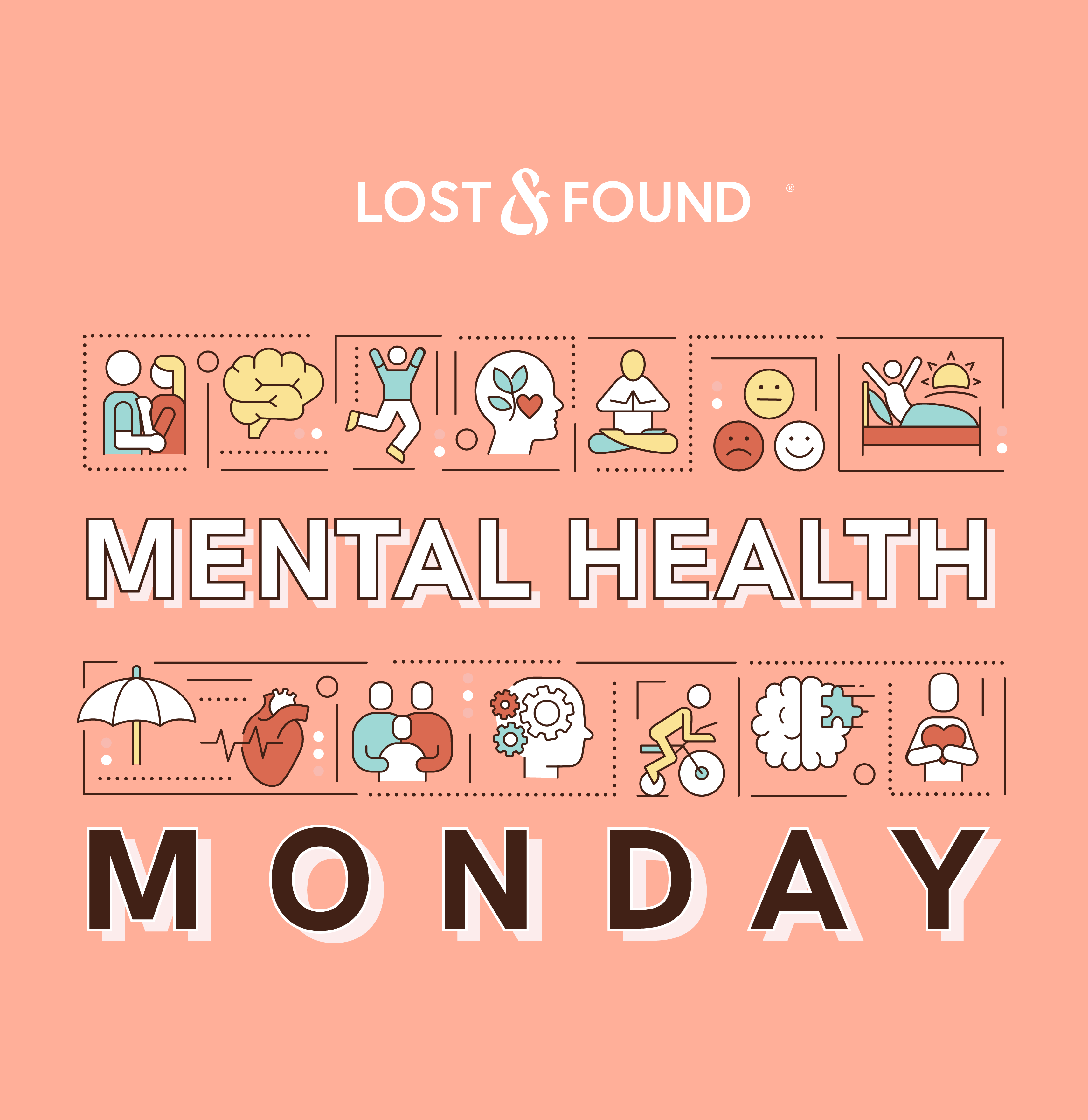Mental Health Monday: Helping men get help
This is part of a regular series called Mental Health Monday. Our goal is to share information about mental health trends and research, as well as suggestions for what we can do as individuals and communities to improve the mental health of ourselves and others.
Men respond to different mental health messaging
Experts are working to tailor mental health support for men, according to a December 2022 article in The New York Times.
Compared to women, men are more likely to die by suicide, drug overdose, and alcohol-related causes but are less likely to report receiving mental health treatment. To better understand how to reach men in crisis, suicide prevention experts carried out interviews and focus groups with men who had survived suicide attempts.
One key takeaway from those interviews was that many men did not relate to the usual messaging that encourages people to seek help for mental health issues. Participants tended to believe their struggles were caused by life stressors, such as financial hardship or interpersonal conflict, so language about mental illness did not resonate with them. Many also felt that seeking help was in opposition to their socially conditioned role as providers.
These insights led to the development of an online public health campaign called Man Therapy, designed to educate, reduce stigma, and provide discreet access to mental health support. The campaign uses humor and traditional masculine stereotypes to engage men and then encourage them to question whether those gender norms are working for them, said Sally Spencer-Thomas, project lead and president and co-founder of United Suicide Survivors International. From the article:
Slogans splashed across the home page include, “It’s OK to cry, even when it’s not about sports” and “Feelings: they’re not just for the hippies.” A mustachioed fictional therapist, Rich Mahogany, who strongly resembles the “Parks and Recreation” character Ron Swanson, guides users through the site.
Here’s an example of a tip from the site:
A recent evaluation of the campaign suggests it can increase help-seeking behaviors.
Read the full article here.
Let’s Do More:
- The Man Therapy site offers an “18-Point Head Inspection” in which a person can “Pop the hood and answer 18 quick questions about your mental health.” Give it a try yourself, or dare the man in your life to give it a try.

